13 things you should never put in the garbage disposal
Keep these things away from the garbage disposal
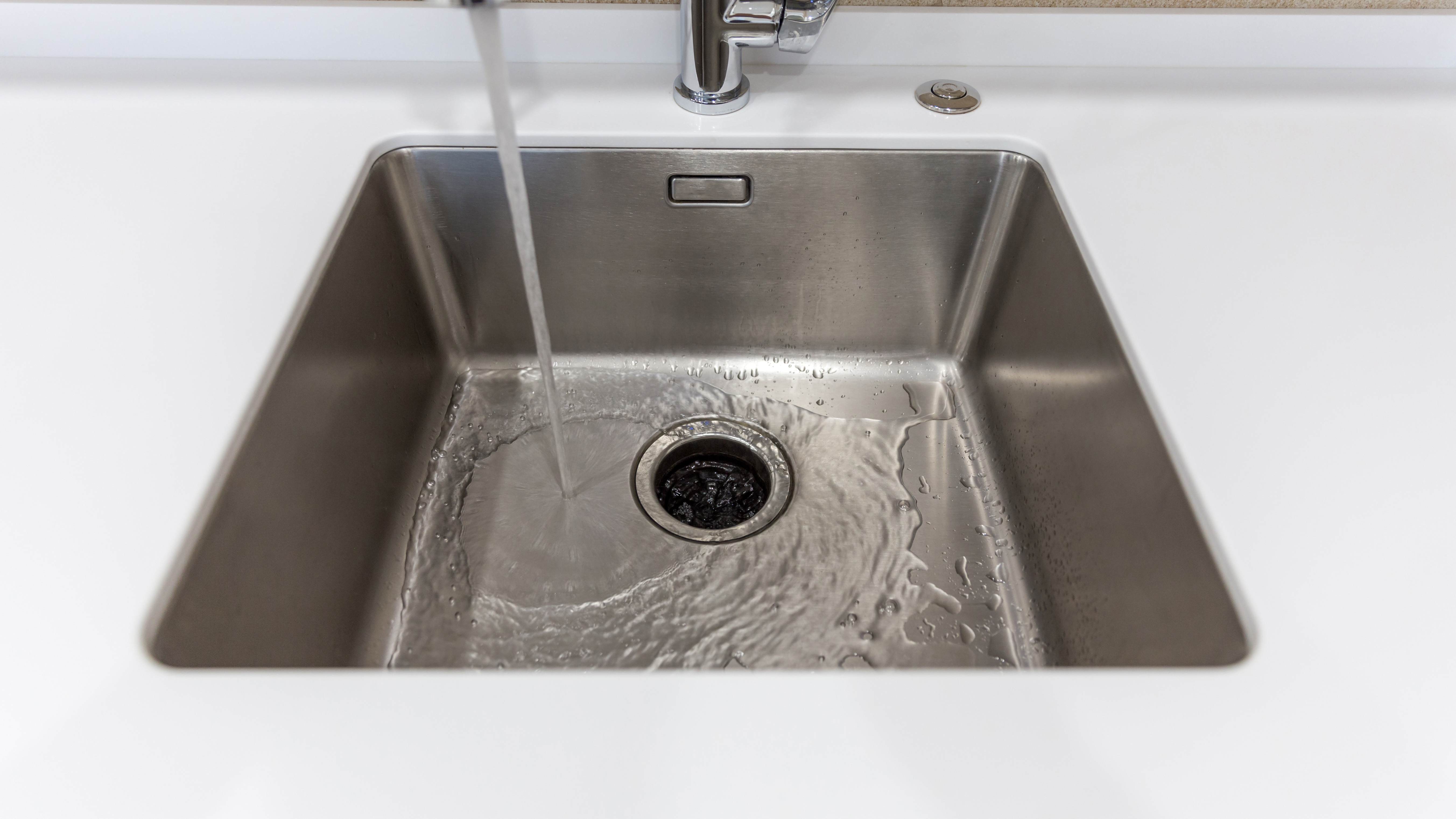
Here at Tom’s Guide our expert editors are committed to bringing you the best news, reviews and guides to help you stay informed and ahead of the curve!
You are now subscribed
Your newsletter sign-up was successful
Want to add more newsletters?

Daily (Mon-Sun)
Tom's Guide Daily
Sign up to get the latest updates on all of your favorite content! From cutting-edge tech news and the hottest streaming buzz to unbeatable deals on the best products and in-depth reviews, we’ve got you covered.

Weekly on Thursday
Tom's AI Guide
Be AI savvy with your weekly newsletter summing up all the biggest AI news you need to know. Plus, analysis from our AI editor and tips on how to use the latest AI tools!

Weekly on Friday
Tom's iGuide
Unlock the vast world of Apple news straight to your inbox. With coverage on everything from exciting product launches to essential software updates, this is your go-to source for the latest updates on all the best Apple content.

Weekly on Monday
Tom's Streaming Guide
Our weekly newsletter is expertly crafted to immerse you in the world of streaming. Stay updated on the latest releases and our top recommendations across your favorite streaming platforms.
Join the club
Get full access to premium articles, exclusive features and a growing list of member rewards.
The garbage disposal is one of the best tools in the kitchen, as long as you know how to use it properly. If you cook at home a lot, it's easy for the food waste to mount up and unless you dispose of it properly it will become unhygienic and may even start smelling. The garbage disposal is a great way to stop this, but if you regularly feed it the wrong things, you could clog it or even worse, break it.
Make sure you know exactly what you should never put down the garbage disposal, and what you could do with it instead, be that re-using leftovers, composting, or disposing of it by other methods.
Here are 13 things you should never put in the garbage disposal.
1. Coffee Grounds
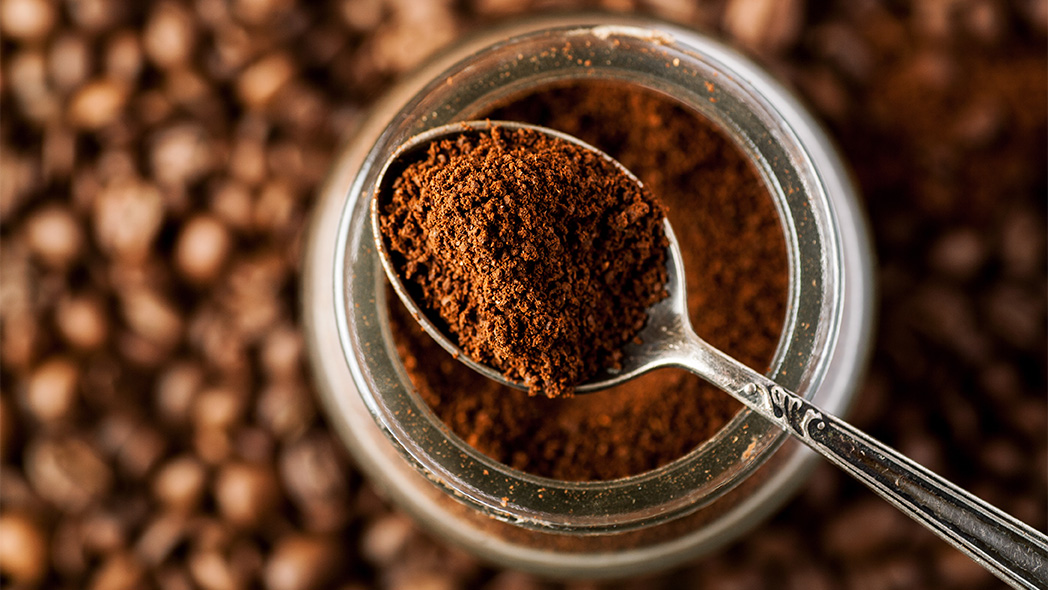
You may not function without a morning coffee but the same can’t be said for your garbage disposal. Excess coffee grounds in the garbage disposal can coagulate to form a thick paste that can slow or completely block the system.
Used coffee grounds are rich in Nitrogen, making them perfect for compost. Coffee grounds also make an excellent deterrent for garden pests such as snails and slugs, so save them to scatter them around your prized plants.
2. Fats/Grease
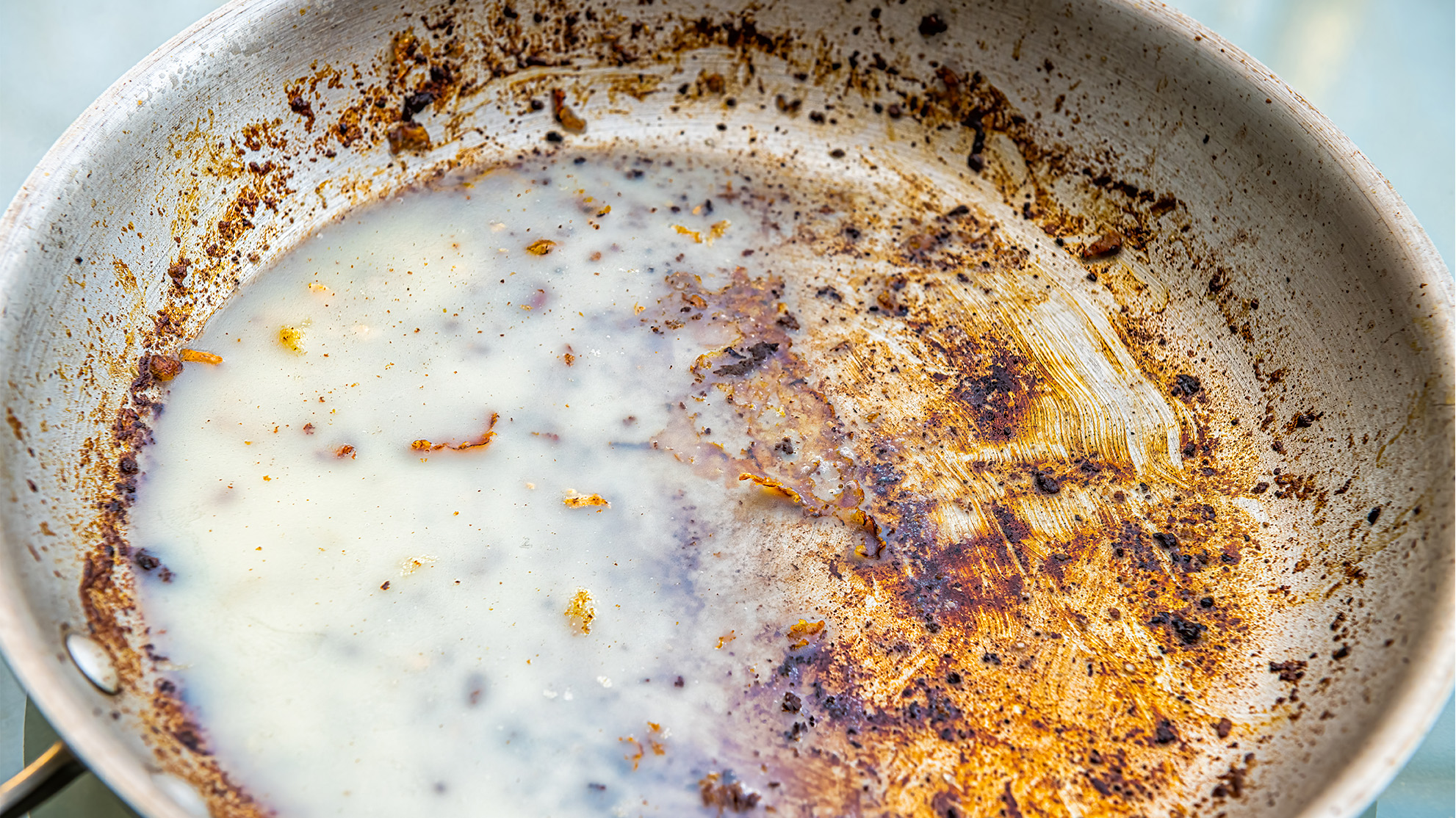
Fats and grease can be disgusting, but pouring them down the garbage disposal is not the answer. They can clog the system and even bring it to a standstill. When disposing of fatty foods, make sure to wash them prior to throwing them away.
Some fats and oils can be recycled and turned into biofuel, check your local waste disposal companies and if applicable, filter and strain it then send it for recycling. You could even combine it with suet and lard and create fat balls for any birds that visit your garden.
Get instant access to breaking news, the hottest reviews, great deals and helpful tips.
3. Eggshells
Eggshells are difficult for your garbage disposal to break down. Some say that they are useful to sharpen the blades, but this is not actually the case. If you're a keen composter, eggshells make great fodder while those with green fingers could try using them as temporary pots for seedlings. Eggshells are also great at keeping slugs away from your plants.
4. Fibrous fruits and vegetables
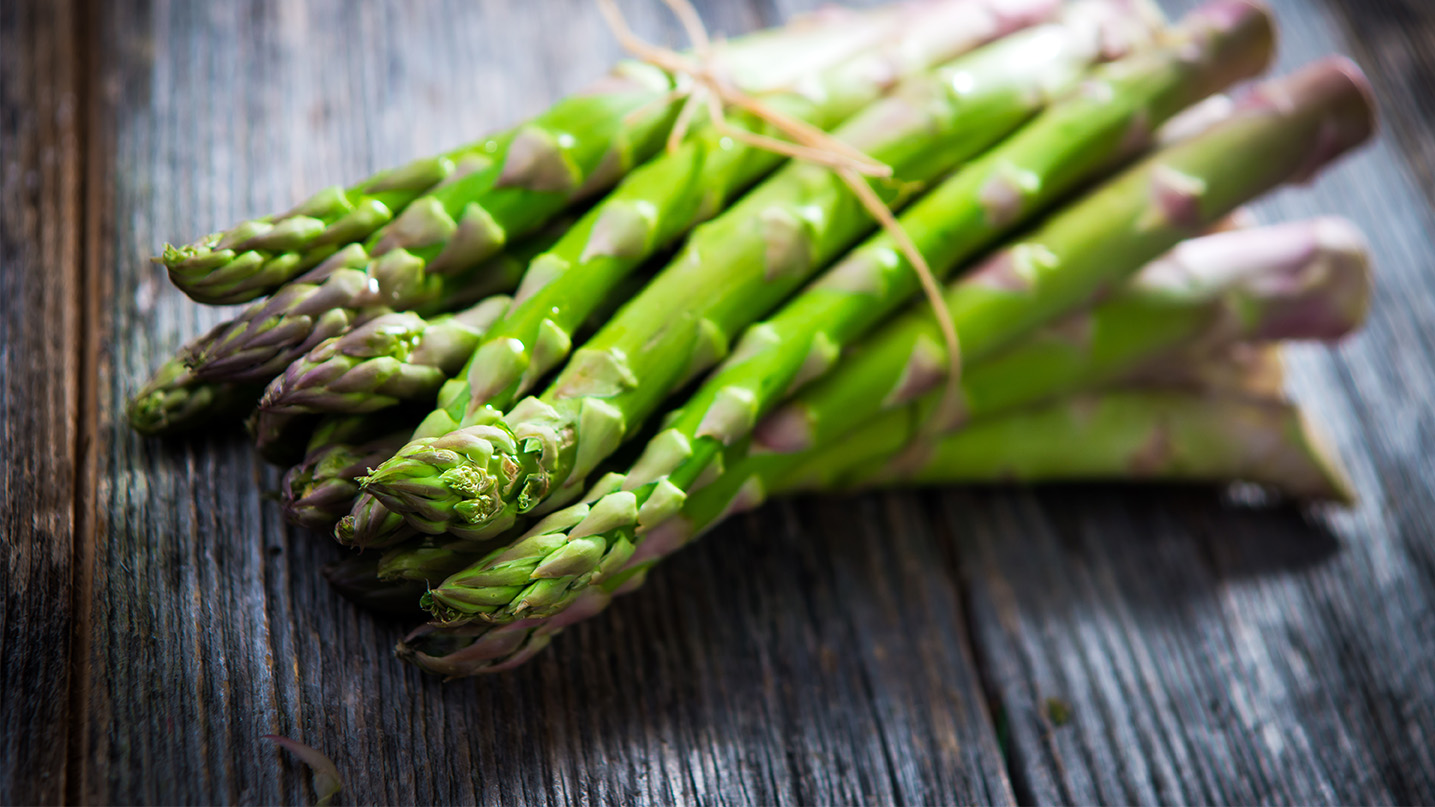
Particularly stringy fruits and vegetables like asparagus and celery are great for humans but are especially disruptive to a garbage disposal. They often get tangled up around the blades of the system. If you can't eat the leftovers and they won't keep, then add them to your compost.
5. Pasta
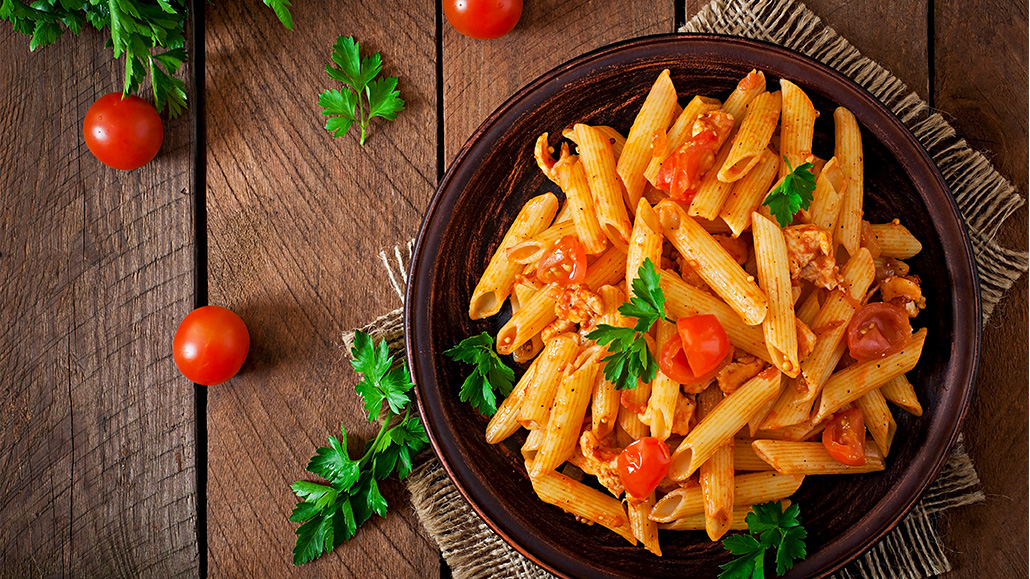
The stickiness of pasta is problematic for waste disposal systems. It is hard to break up and can cause a clog. We recommend eating it — or at least putting it in the refrigerator.
Leftover pasta is safe to eat and even if cold can be used for a casserole or reheated. If it's spoiled or you have no way to store it, then throw it in the trash.
6. Produce Stickers
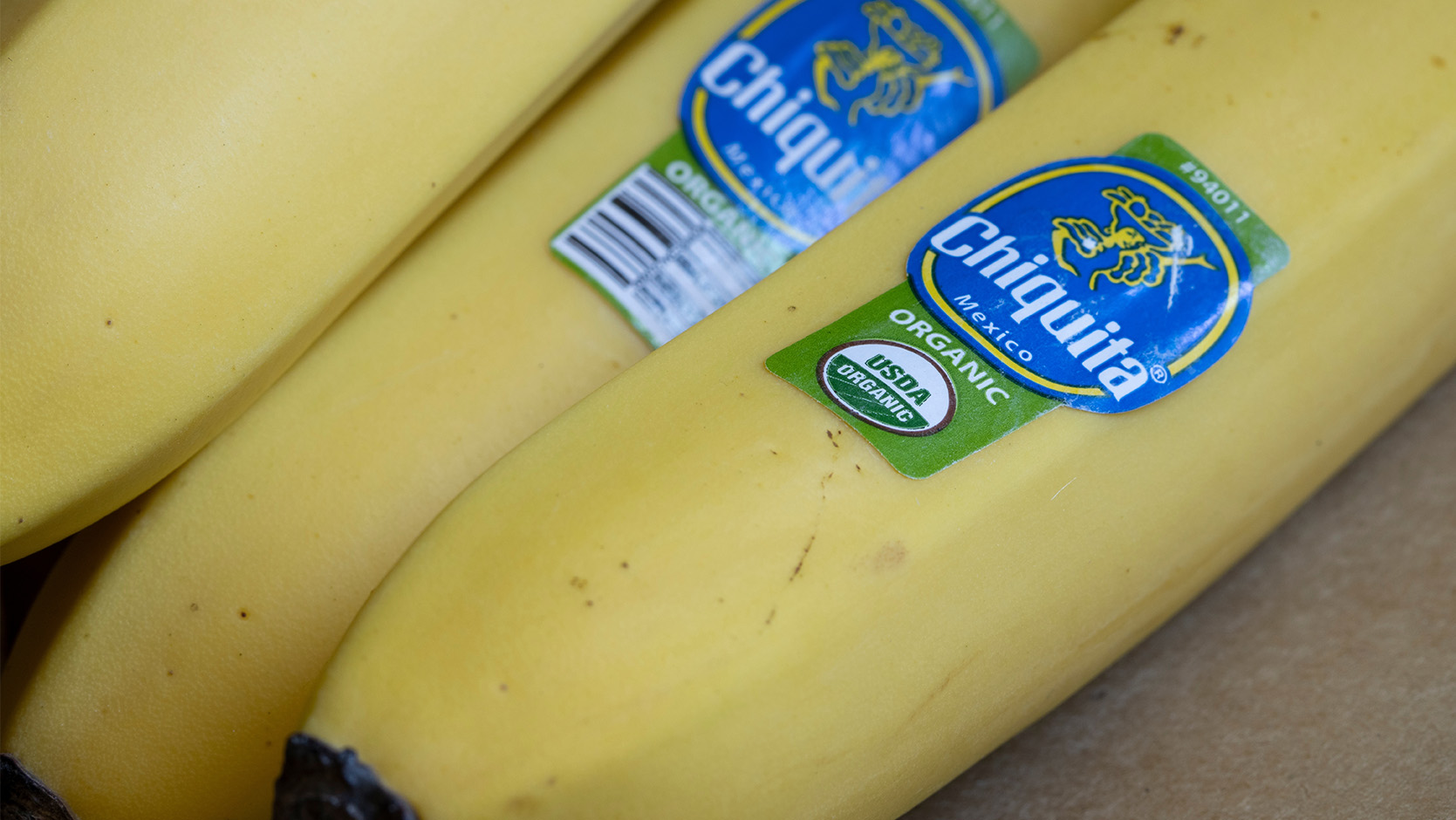
It’s easy to leave a sticker on fresh fruit waste like a banana peel. Make sure to remove any stickers before using the garbage disposal — aside from their stickiness, they aren’t biodegradable and won’t break down. Although often promoting environmentally friendly products, these stickers are not recyclable, so send them to landfill.
Some people have been known to even use banana peels to polish shoes and silver and adding a banana peel when cooking meat in a pan is a great way to keep it tender.
7. Bleach and other chemicals
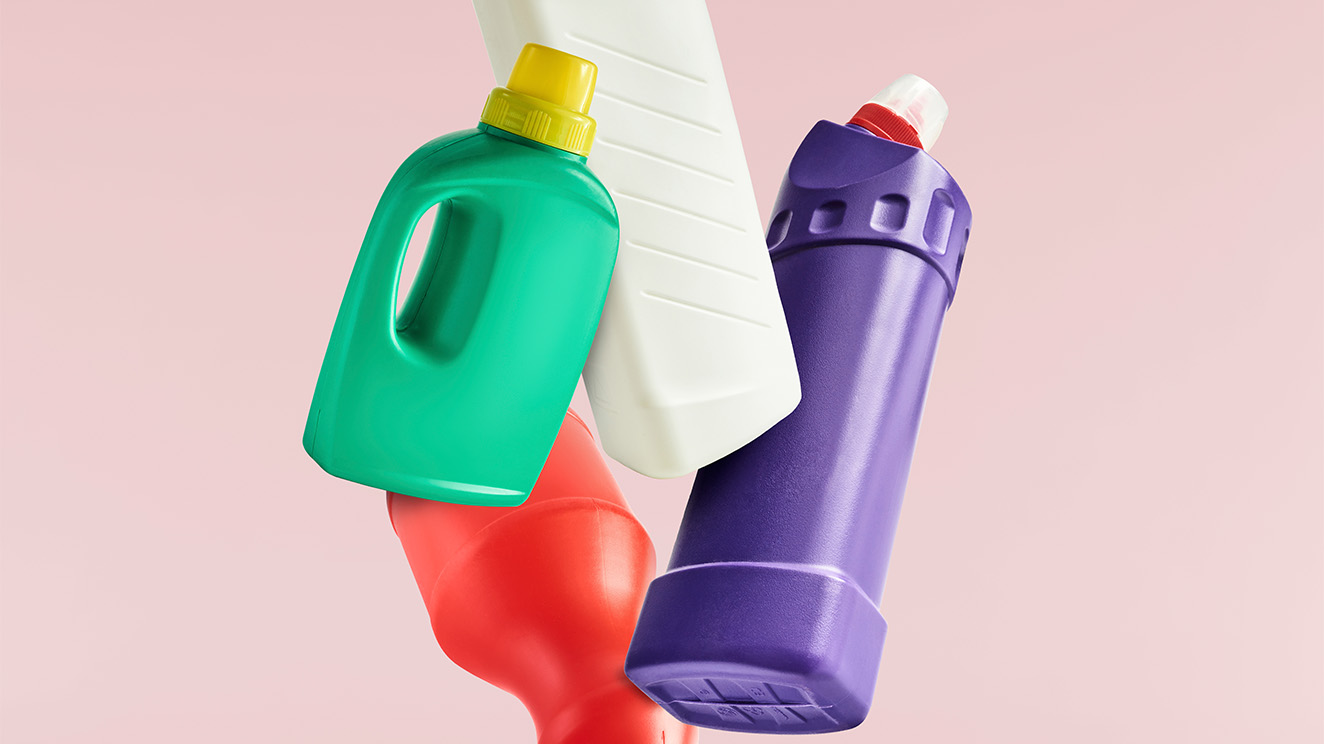
Artificial cleaning products such as bleach are too strong for your garbage disposal system. Aside from the damage to the pipes and blades, they will kill off helpful bacteria that help to break down appropriate products. We recommend using ice and lemon to clean your system; follow our guide on how to clean a garbage disposal for more details.
If you have to dispose of bleach and can't give it to someone who needs it, dilute it first with water before pouring it away and make sure the bottle is completely empty before recycling or throwing away.
8. Paint
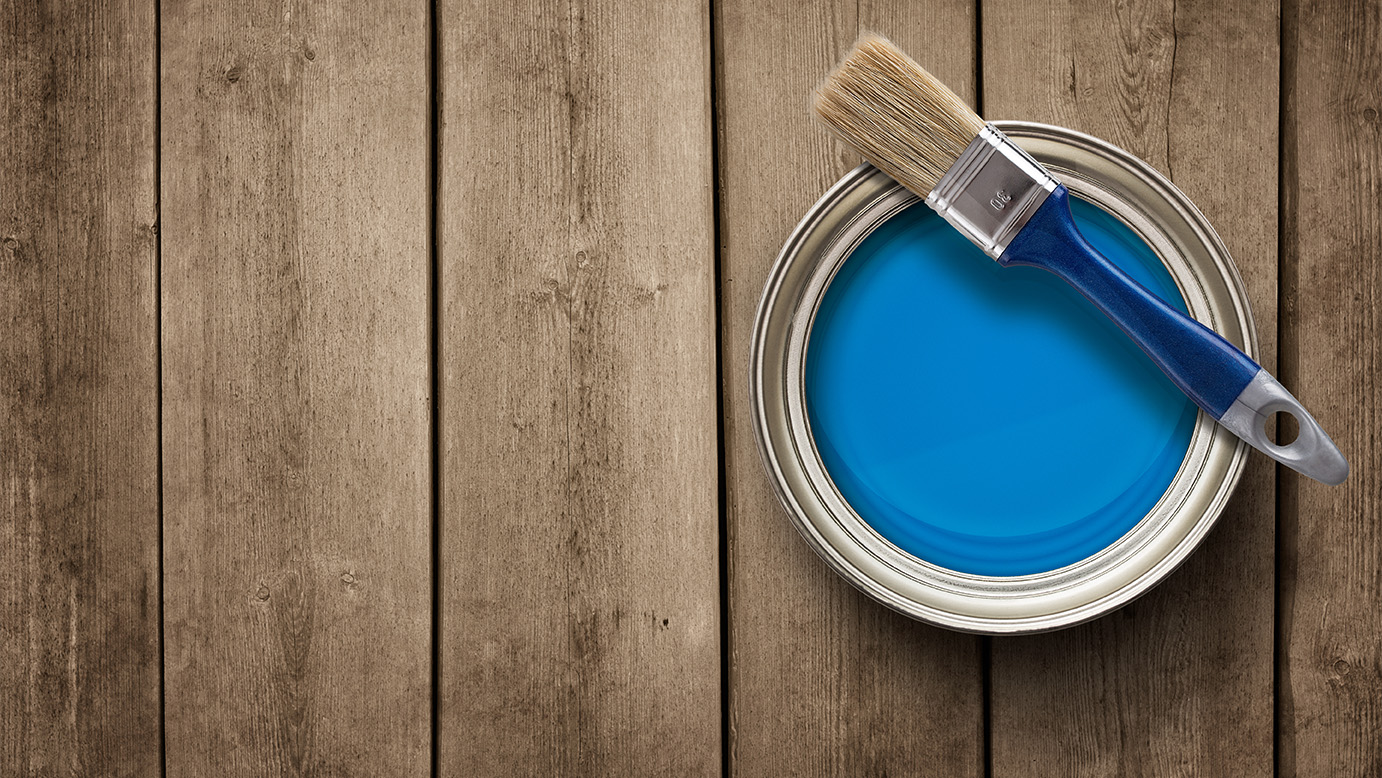
Paint can cause a significant buildup in a garbage disposal — latex and oil paint especially. To safely dispose of paint, wait for it to dry and harden then throw it in the trash. You could even pour excess paint onto an old newspaper and then throw it away once it dries.
If you can, don't throw away paint: donate it to a good cause or school, and failing that contact your local recycling center for advice. Paint can last for around a decade if sealed so it might be worth hanging on to.
9. Bones
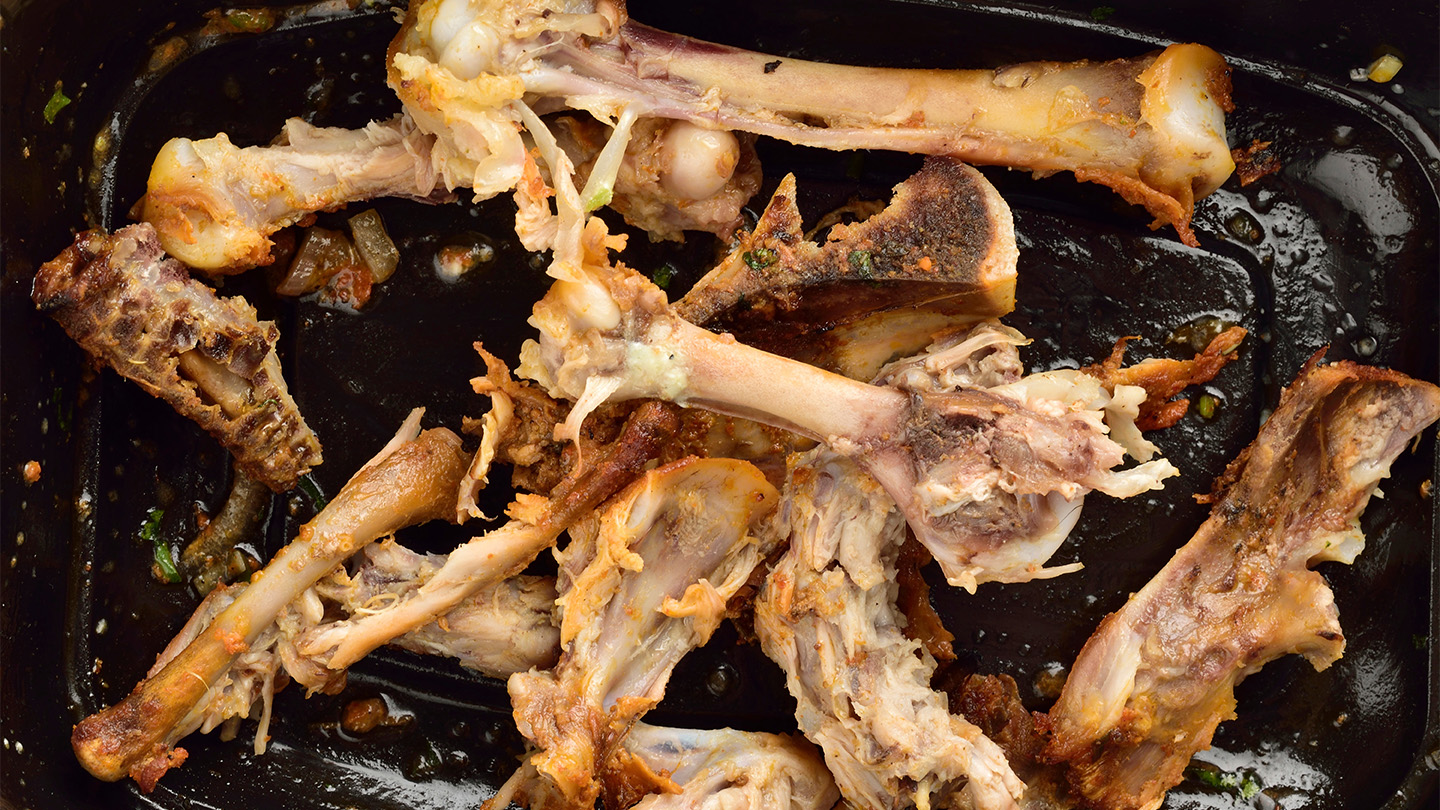
Small bones should be safe to dispose of down the sink but larger ones are an accident waiting to happen. Even if they do get ground up, the effort required can wear down your system. The safe size will vary depending on your sink and disposal system so don’t risk it, throw bones out in the trash.
The classic method to make use of chicken bones in particular is to make stock or broth from them. Failing that, throw them in the compost bin.
10. Chicken skin
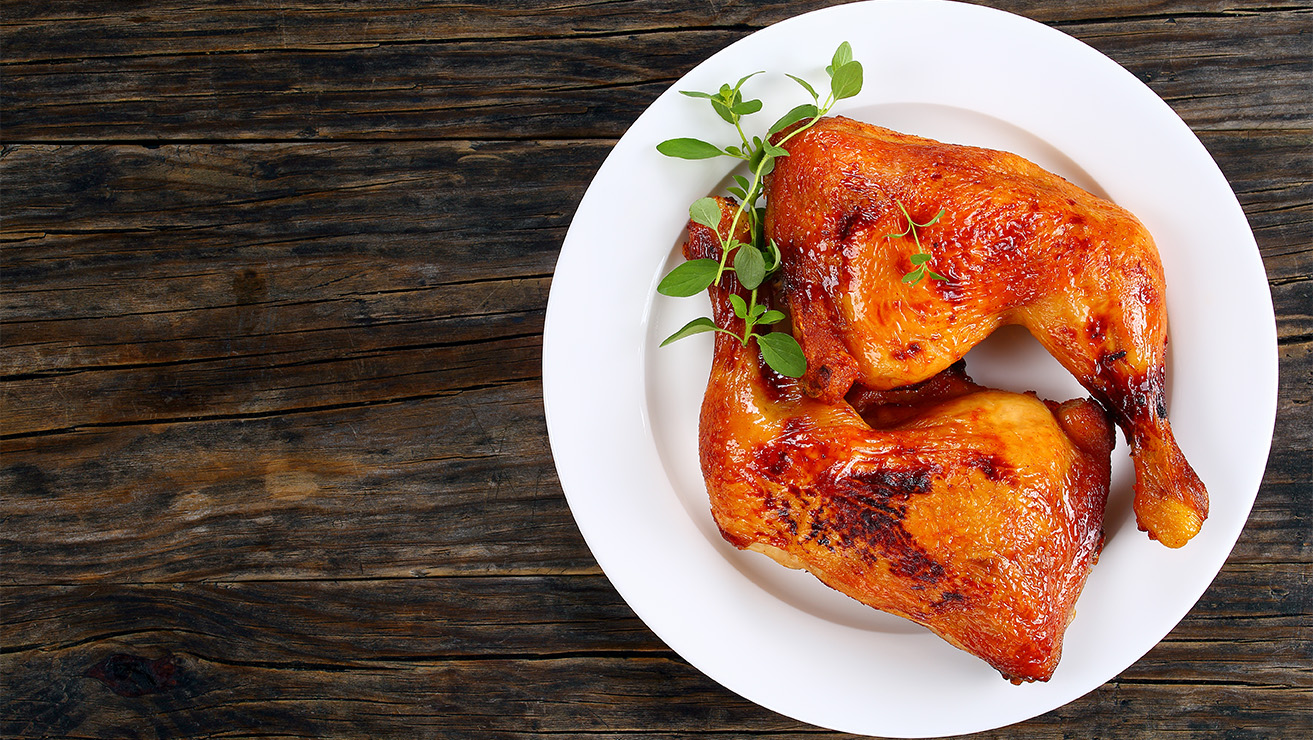
Not only does chicken skin stick to the sides of pipes in the garbage disposal, but it is also hard to break up. Worst of all, it can also linger in the system for days or even weeks and start to smell horrible.
Chicken skin can be cooked until it's crisp and eaten as crackling or you could even powder it up and use it in a chicken caesar salad.
11. Rice
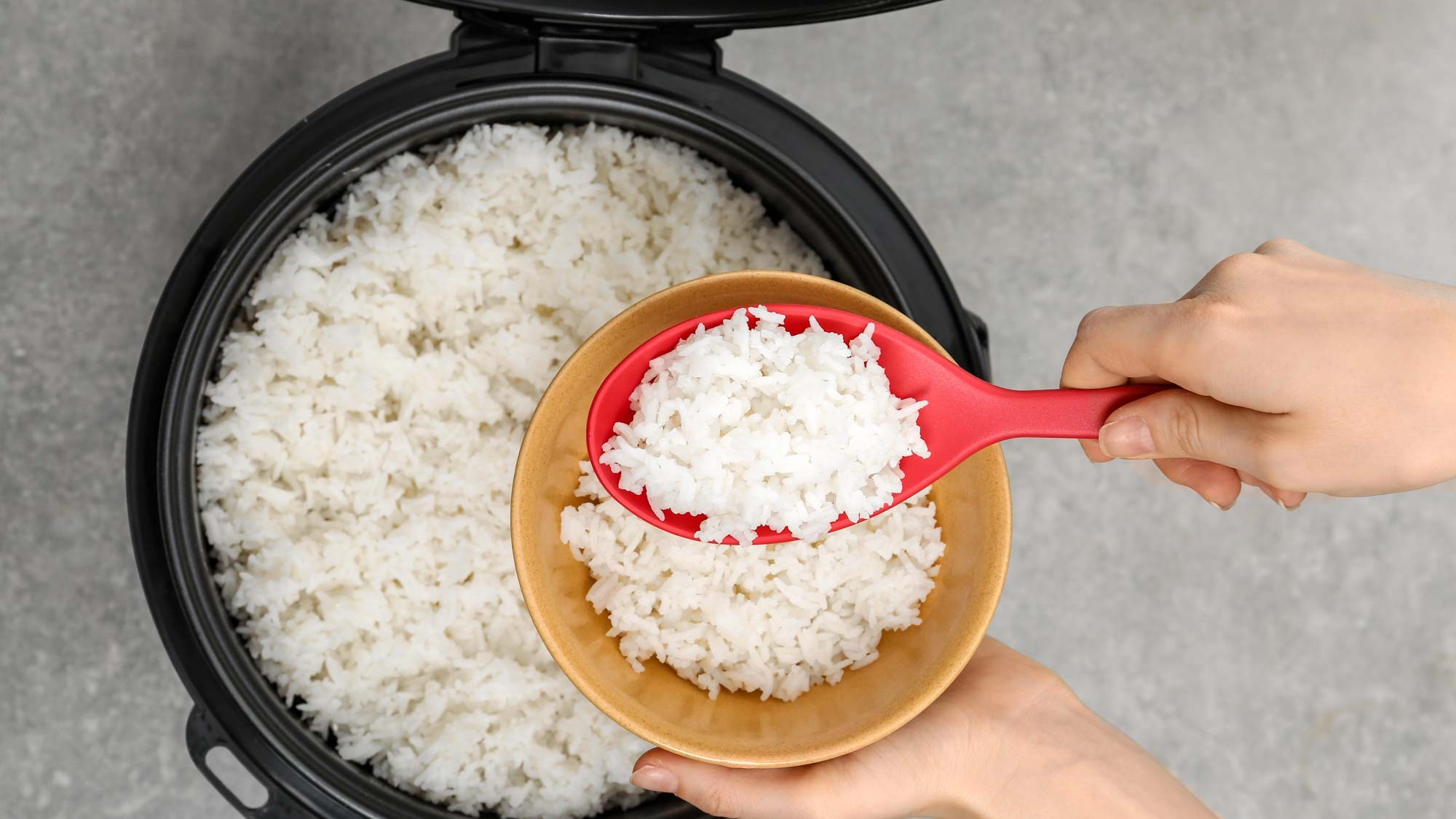
The odd grain of rice won’t break your garbage disposal but when exposed to water, each grain can expand to multiple times its original size and is sticky. Even cooked rice can be a problem. Rice is one of the most common blockages and should instead be disposed of in the trash.
12. Oatmeal
Like rice, the stickiness of oatmeal means it doesn't play nice with the garbage disposal. Also like rice, it can absorb water and grow much larger than it was when it went into the garbage disposal. Luckily oatmeal takes a long time to go bad, so once cooked, store it in a container, put it in the fridge and have it for breakfast tomorrow.
13. Nuts
Nuts obviously come in a variety of shapes and sizes, but none of them are very good for the garbage disposal. The harder nuts obviously can be difficult for the system to break down and even damage the blades, while the softer nuts, if cut up, can blend into a peanut butter style paste and clog the disposal completely. Some birds can eat nuts, so feeding them can be a great way of using leftovers. But do your research for each species first, as not all nuts are suitable for animals, and salted and dry roasted nuts can dehydrate birds and do them more harm than good.
As well as helping look after the environment, disposing of things in the right way will preserve the lifespan of your garbage disposal no end and help you avoid expensive plumber costs. On that note, why not check out how to unclog a shower drain without a plumber.
If you'd like more home tutorials, read our guide on how to make a small room look bigger.
Andy is a freelance writer with a passion for streaming and VPNs. Based in the U.K., he originally cut his teeth at Tom's Guide as a Trainee Writer before moving to cover all things tech and streaming at T3. Outside of work, his passions are movies, football (soccer) and Formula 1. He is also something of an amateur screenwriter having studied creative writing at university.
 Club Benefits
Club Benefits










